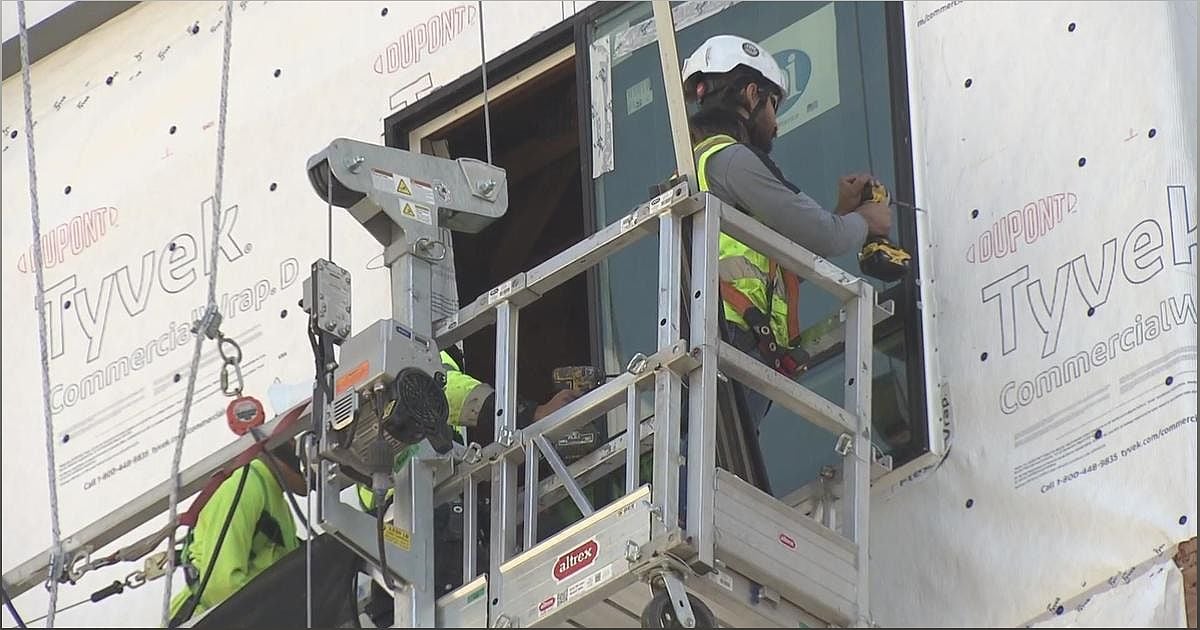Colorado Economic Outlook: Job Growth and Real Estate Challenges Ahead
Welcome to the 59th annual Colorado Business Economic Outlook! In this report, we delve into the economic landscape of Colorado and explore the projected job growth and real estate challenges that lie ahead. As an economist with a deep understanding of the state’s economy, I am excited to share with you the insights and predictions outlined in this comprehensive report. We will discuss the positive impact of education levels on employment and income, as well as the concerns surrounding the real estate market. So, let’s dive in and uncover the economic outlook for Colorado!
Colorado’s Strong Job Growth
Explore the projected job growth in Colorado and the factors contributing to the state’s strong employment market.
Colorado is positioned to experience significant job growth in the coming years, outpacing many other states. The correlation between education levels and employment opportunities is a key driver of this positive trend. With Colorado boasting the second-highest education levels in the nation, the job market is expected to thrive.

In fact, the report predicts that by 2024, tens of thousands of new jobs will be added in Colorado. The state’s employment prospects are even more promising when compared to the national average, with approximately two job opportunities available for each unemployed person.
Real Estate Challenges on the Horizon
Discover the concerns surrounding the real estate market in Colorado and the potential impact on commercial and residential properties.
While Colorado’s job growth is thriving, the real estate market presents some challenges. Commercial real estate, in particular, is facing uncertainty, with office vacancy rates already at 16 to 17% in the Denver-Boulder metro area. Experts predict that these rates could rise to 25 or even 30% in the next couple of years.
Residential real estate also faces unique obstacles. High-interest rates have deterred potential homebuyers from entering the market, resulting in a limited supply of houses for sale. However, experts believe that as interest rates decrease in 2024 or 2025, the market will see a shift.
It’s important to note that while there may be a slight reckoning of real estate prices, it is unlikely to reach the magnitude of the 2008 recession. The number of people who have refinanced at low-interest rates and the stability of employment levels contribute to a more stable market.
